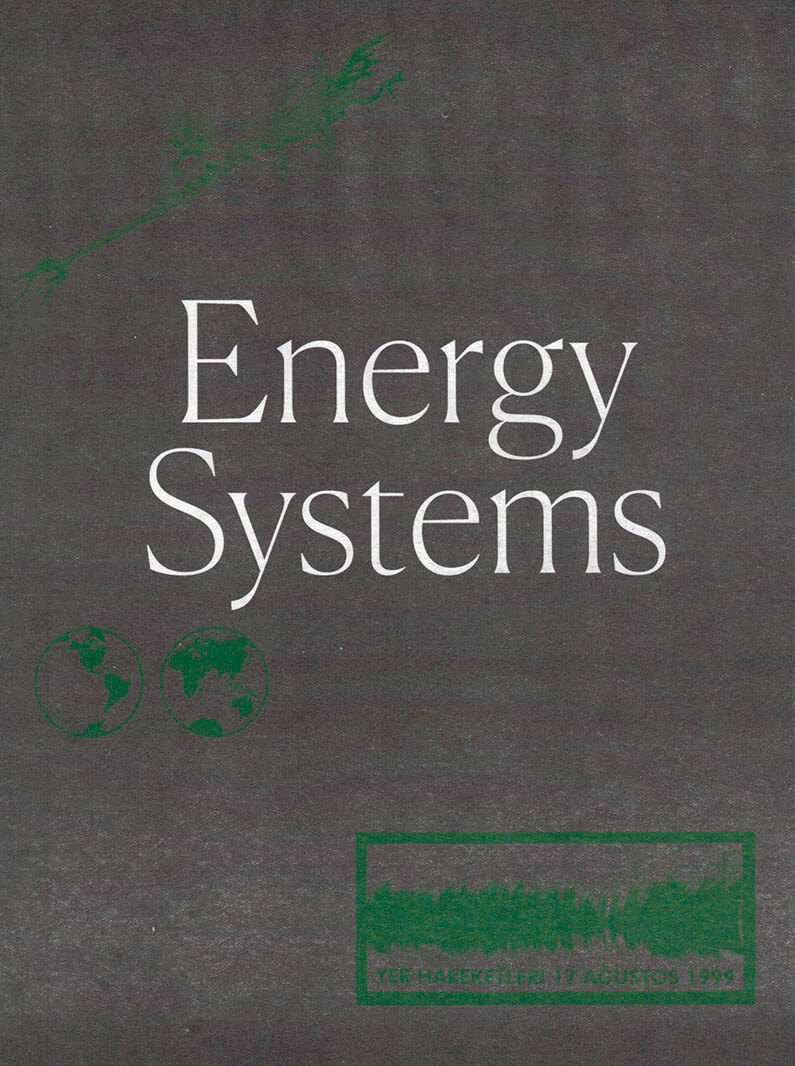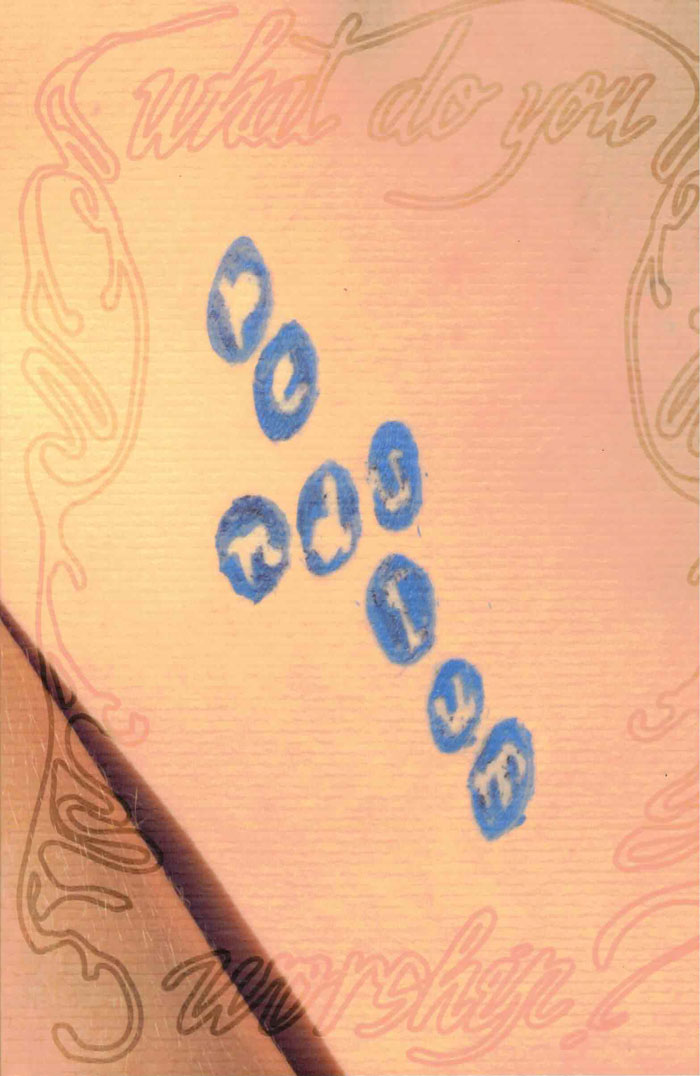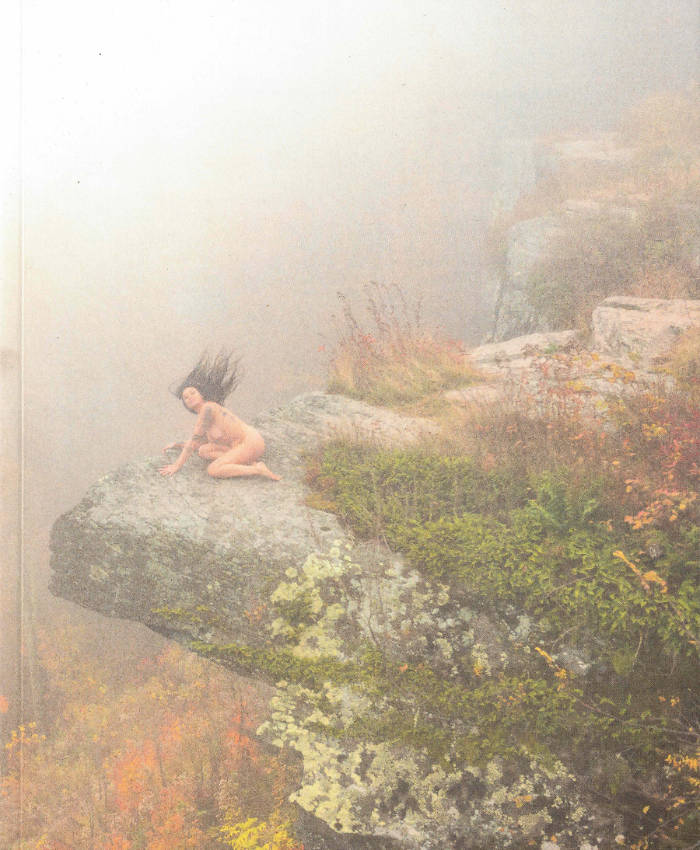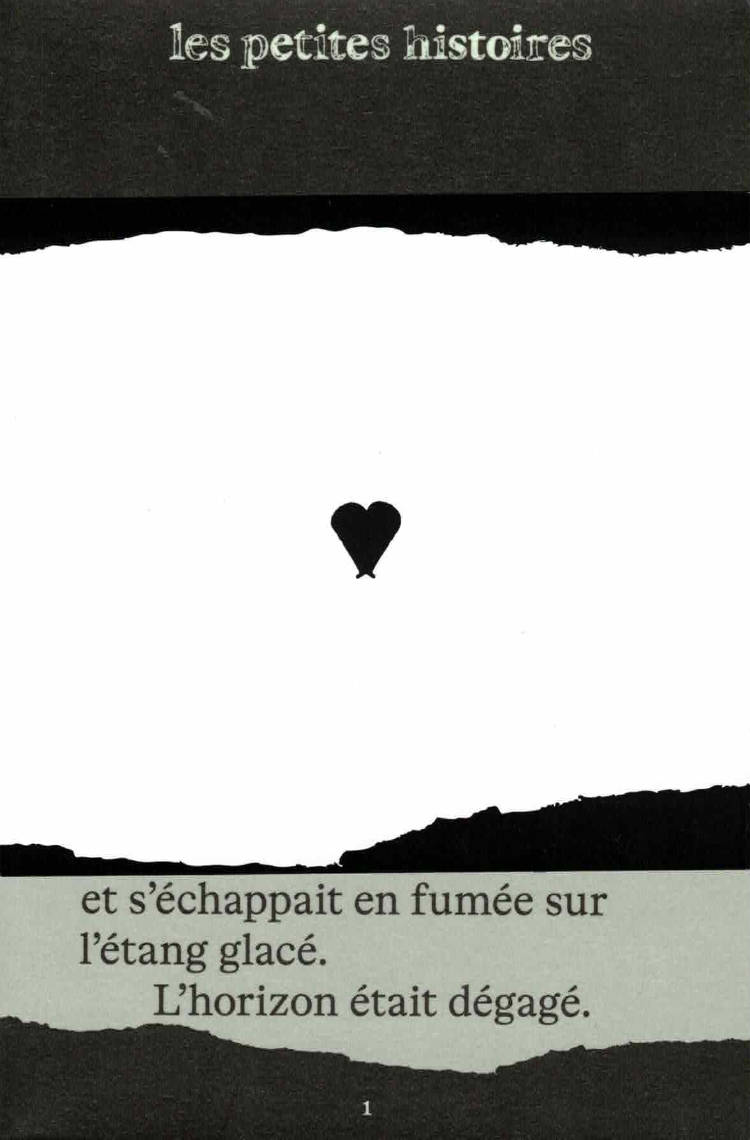
Energy Systems
Kris Lock ed.
Reflecting on recent ecological shifts at both local and global scales, Energy Systems explores the systems that dominate global infrastructure and the consequences of connectivism under late capitalism; probing correlations between the worldwide drive for connectivity and the emergence of severe environmental rifts.
Energy Systems seeks to find ways of replacing ‘network’ orientated capital accumulation and socio environmental exploitation with ‘metabolisms’ which are orientated toward reciprocal models of coexistence. Through newly commissioned and existing text works by 19 artists and academics, Energy Systems explores a new architecture of values and begins to build stepping stones toward addressing the systemic alienation of the environment.
Energy Systems is released as part of Well Project’s 2020 exhibition programme of the same name. You can find documentation from each exhibition held as part of the programme at: www.wellprojects.xyz
Contributors:
Verity Birt, Dimitrios Bormpoudakis, Louise Beer, Milo Creese, Joachim Coucke, Kyriaki Costa, Hector Campbell, Jack Clarke, Sophie Dyer, Sasha Englemann, Billy Fraser, Nicolette Clara Illes, Melanie King, Ruth Pilston, Lou Lou Sainsbury, Tom Sewell, Sissel Marie Tonn & Rosie Grace Ward.
Language: English





